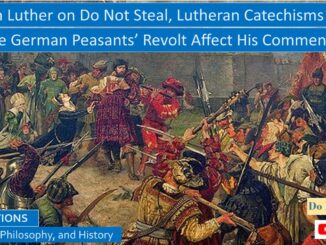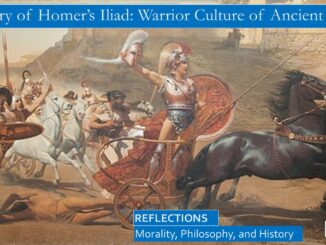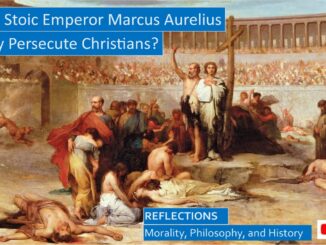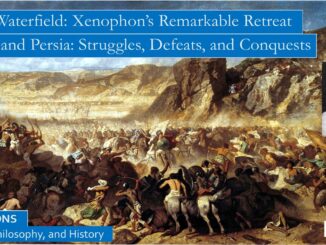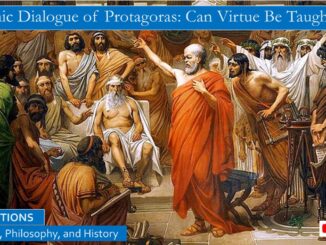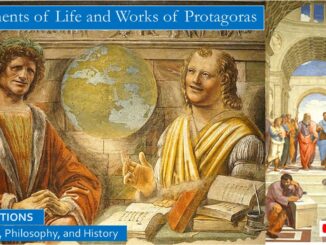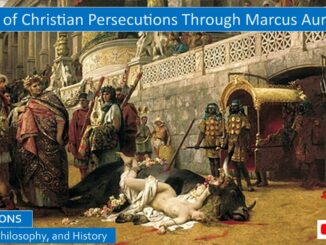
APPENDIX: Artificial Intelligence, Comparing ChatGPT vs Bard, With and Without Footnotes and Sources
What is artificial intelligence? The original definition by Alan Turing is that a program is deemed artificially intelligent if the user conversing by keyboard is convinced that a live human being is responding. But keep in mind that artificially intelligent computer programs have zero comprehension. Although they can do quite well on intelligence tests, answering questions instantaneously, they are incapable of original thought. However, they excel at pattern matching, and the latest AI programs can replicate text from existing text samples. The program does not comprehend the meaning of these text samples, which means it has trouble evaluating their credibility. Thus, the generated output is often what programmers call GIGO: garbage-in, garbage-out.
[…]

